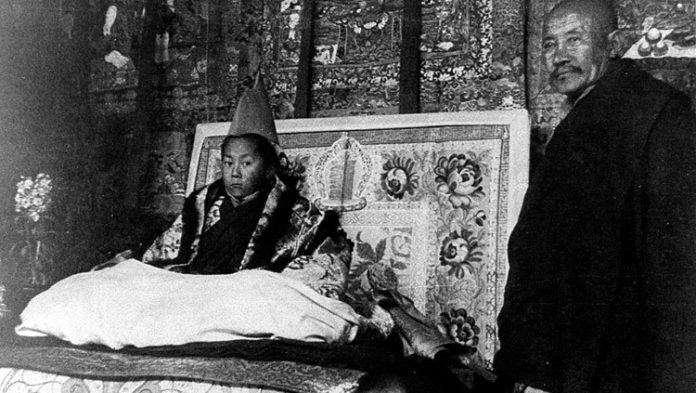Tibet, often revered as the “Roof of the World,” stands as a bastion of mysticism and spirituality. Central to its cultural and religious identity is the institution of the Dalai Lama, believed by Tibetan Buddhists to embody the compassionate spirit of Avalokiteshvara.
The Dalai Lama, a revered spiritual leader in Tibetan Buddhism, is considered the reincarnation of a Tibetan Buddhist figure tasked with guiding the populace towards enlightenment. The concept of reincarnation, integral to Tibetan Buddhism, holds that consciousness persists after death, taking on a new form. The Dalai Lama’s teachings emphasize the significance of this process in the spiritual journey towards ultimate reality.
Challenges Tibet, a land synonymous with ancient traditions, grapples with the impending question of the Dalai Lama’s reincarnation against the backdrop of geopolitical realities. The Chinese government’s influence in this spiritual process has added complexity, with the Dalai Lama expressing reservations about being reborn under Chinese control.
The 14th Dalai Lama, Tenzin Gyatso, faces the challenge of Chinese interference in his reincarnation. To preserve the institution’s integrity, he contemplates not reincarnating or doing so outside Chinese influence, highlighting the delicate balance between spiritual traditions and political pressures.
China, in control of Tibet since the 1950s, seeks to manage religious affairs, using the Dalai Lama’s selection to consolidate authority. Tensions arise between Chinese control and the spiritual autonomy traditionally associated with the office, leading to clashes over the reincarnation process.
Impact on Tibetan Buddhism
The uncertainty surrounding the Dalai Lama’s future reincarnation creates anxiety among Tibetan Buddhists, fearing the dilution of religious traditions and potential politicization. Recent developments, such as the Dalai Lama identifying the head of Tibetan Buddhism in Mongolia, add layers to the complex narrative.
The ongoing clash between the Chinese Communist Party and Tibetan Buddhists over the selection of the Dalai Lama’s reincarnation reveals a struggle for control. The CCP seeks to appoint all reincarnations, challenging Tibetan traditions. The Dalai Lama’s firm opposition underscores the clash of philosophies and the Tibetan resistance against dictated religious practices.
China’s attempts to control Tibetan Buddhism, specifically the Dalai Lama’s reincarnation process, signal a departure from historical opposition to religion. The article exposes Beijing’s interference, historical revisionism, and cultural suppression as significant violations of human rights.
The Dalai Lama’s reincarnation in contemporary Tibet symbolizes a delicate dance between spirituality and politics. As Tibetans grapple with preserving their religious heritage amid external influence, the world observes, recognizing the far-reaching implications for religious freedom and cultural preservation. This struggle for identity and autonomy mirrors a broader global discourse on spiritual rights in an evolving geopolitical landscape.









































